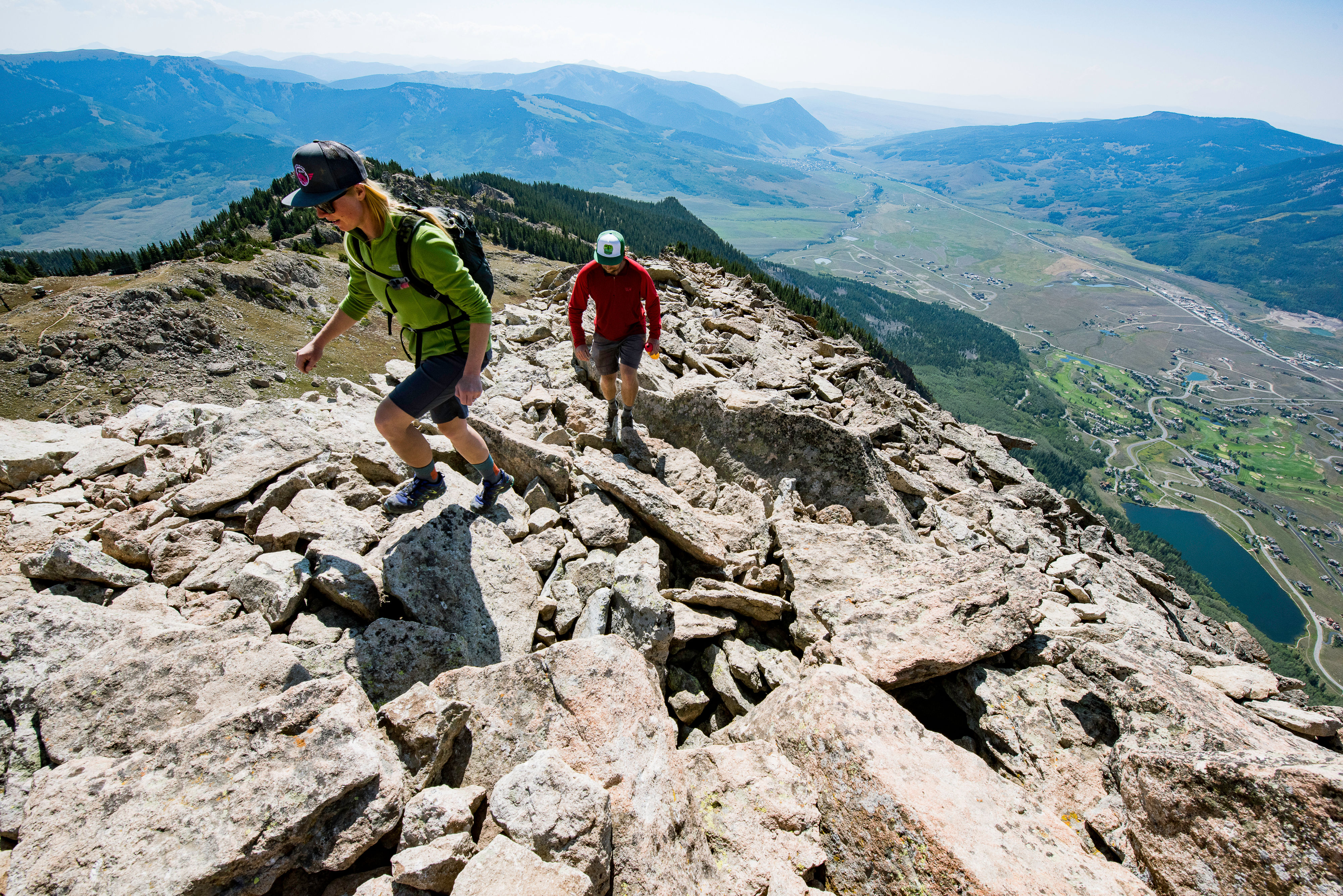
- Drink water. A lot of it. More than you think you need to. And not just once you've arrived. Start hydrating in the days leading up to your trip, and keep it going through your stay! The lack of humidity in Crested Butte can cause dehydration to sneak up on you, so it's important to drink water throughout the day – especially if you're taking part in one of the many outdoor activities this town has to offer.
- Lay off the alcohol. We know, we know. It's a lot to ask. We're not saying you can't have a glass of wine with dinner. But if you're worried about altitude sickness, you may want to reconsider those shots at Talk of the Town. Alcohol has dehydrating effects, which can worsen the effects of altitude sickness. If you're going to have yourself a night on Elk Ave., we recommend doubling down on tip #1.
- Eat more carbs. As if you needed an excuse for another plate of pasta! Carbohydrates are the preferred fuel source at altitude, because they require less oxygen for metabolism than fat and protein. Studies have shown that a high-carb diet can reduce the effects of altitude sickness. So snack away!
- Allow time for acclimation. This is especially key for those who live at or near sea level and rarely spend time at altitude. Try not to plan anything too strenuous during your first day or two. If you are able to spend a night at a milder elevation, that would be even better! Many guests will stop in Denver (5,279 ft. elevation) or somewhere in the foothills to get used to the lack of oxygen in the air before heading to the mountains.
- Slow down. You may not be able to hike, run or bike at the same pace as you're used to, and that's okay. It's better to go slower and enjoy the activity than to overexert yourself and end up huffing and puffing to catch your breath. Take breaks. Drink water along the way (see tip #1). Enjoy yourself! It's what you're here for.
When visiting a high-altitude area, it is important to know the signs of altitude sickness so that you can recognize them and get treatment right away. Symptoms include but are not limited to headache, vomiting, insomnia, and reduced performance and coordination. If symptoms don't go away or appear to get worse, you may need to descend to a lower altitude. If symptoms are severe, seek treatment at the nearest emergency room immediately. For more information on altitude sickness, visit The Centers for Disease Control and Prevention.
